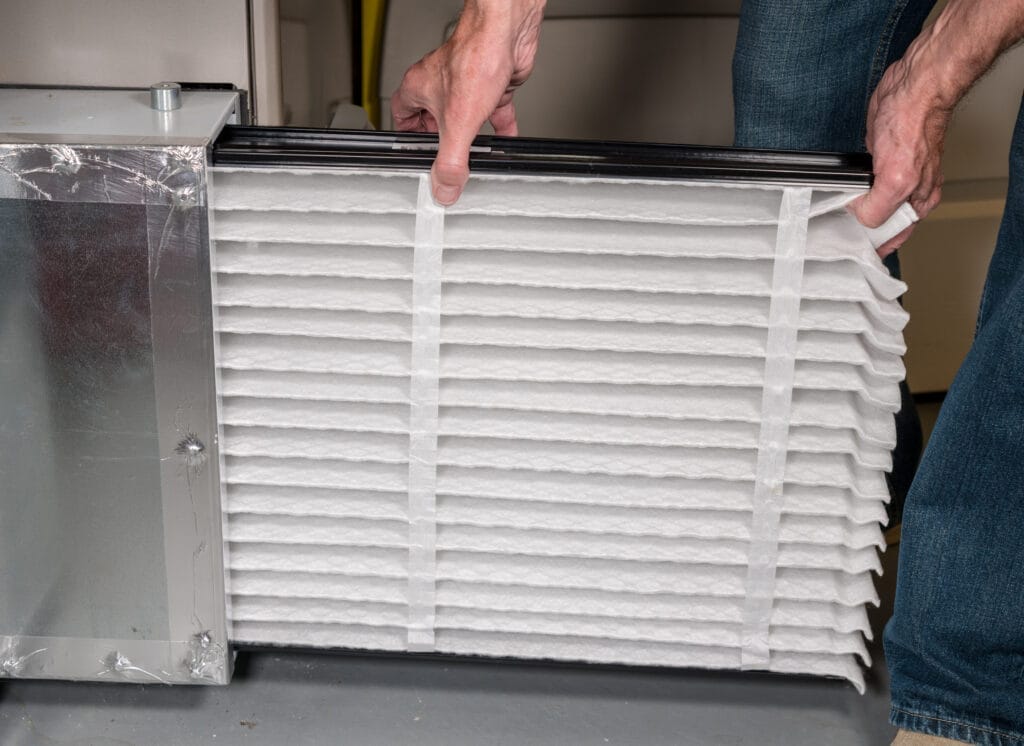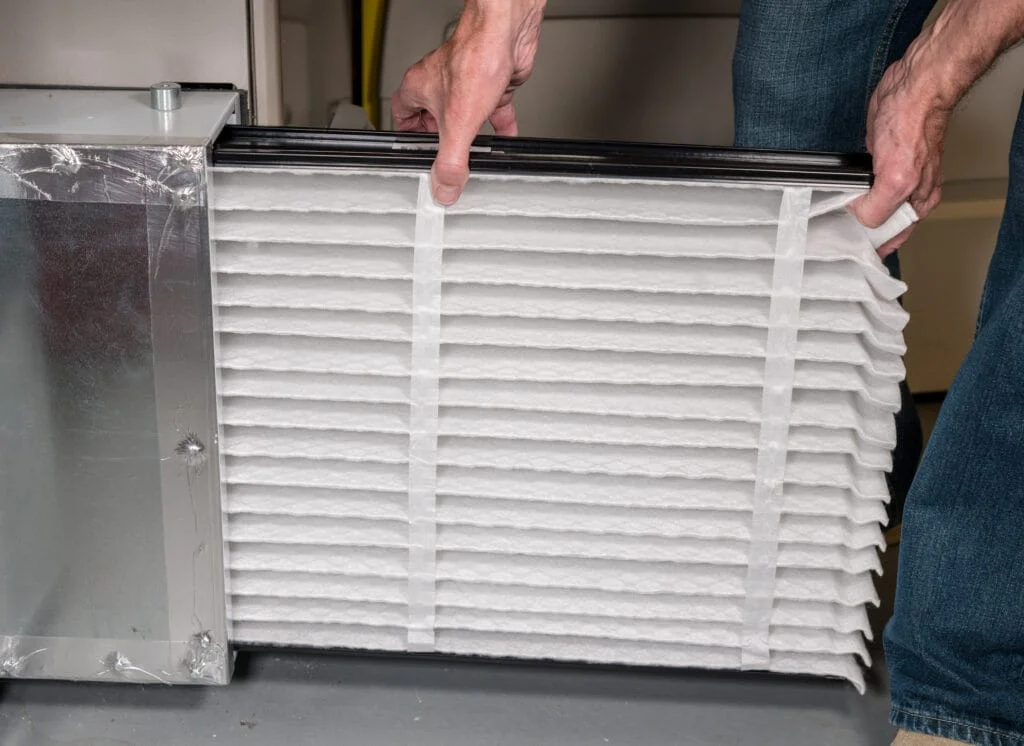
Are there benefits to changing and maintaining filters in Colorado? If you’re a Colorado resident, or even just a visitor, you may have noticed the unique environmental conditions that exist in the state. From the high altitude to the dry climate and varying pollution levels, Colorado’s environment can take a toll on air and water quality. As a result, regular filter changes and maintenance are essential for maintaining healthy living spaces and reducing potential health risks.
Here are five incredible benefits of changing and maintaining filters in Colorado:
Ensuring Optimal Air Quality in Your Home
Colorado’s air quality can vary significantly with the seasons. From pollen in the spring to dust storms in the summer, each season brings its own set of challenges. One of the primary benefits of regularly changing air filters in your home is the removal of harmful particles and allergens from the air.
This is particularly important in Colorado, where seasonal changes can exacerbate allergies and respiratory conditions. By maintaining clean filters, homeowners can ensure a healthier living environment, free from pollutants and allergens.
Prolonging the Life of HVAC Systems
The frequent use of heating, ventilation, and air conditioning (HVAC) systems in Colorado, due to its varied climate, puts a lot of strain on these units. A clogged or dirty filter can restrict airflow, forcing the system to work harder, which not only increases energy consumption but can also lead to premature failure. Regular filter changes are a simple yet effective way to prolong the life of your HVAC system, ensuring it operates efficiently and effectively throughout the year.
Enhancing Water Quality
In addition to air filters, filters in Colorado also pertain to those used in water filtration systems. The state’s diverse geography can affect water quality in various ways, from mineral runoff to contamination from agricultural activities. Regularly changing water filters ensures that you have access to clean, safe drinking water by removing contaminants such as lead, chlorine, and other harmful chemicals. This is essential for maintaining good health and preventing water-borne illnesses.
Cost Savings and Energy Efficiency
Maintaining and changing filters in Colorado is not just beneficial for health and longevity of appliances; it also has significant financial benefits. Clean filters mean that HVAC systems and water purifiers can operate at peak efficiency, which translates to lower energy consumption and reduced utility bills. Furthermore, by preventing the premature breakdown of appliances and systems, homeowners can save on costly repairs and replacements in the long run.
Supporting Environmental Sustainability
By promoting more efficient energy use and reducing the need for frequent appliance replacements, regularly changing and maintaining filters contributes to environmental sustainability. This practice helps in reducing greenhouse gas emissions associated with excessive energy consumption and minimizes waste from discarded appliances. For residents of Colorado, a state known for its natural beauty, this is yet another compelling reason to stay diligent about filter maintenance.
Conclusion: Changing & Maintaining Filters In Colorado
The importance of regularly changing and maintaining filters in Colorado cannot be overstated. From ensuring the health and comfort of your household to protecting your financial investment in home appliances, the benefits are widespread. Additionally, this simple yet impactful practice plays a significant role in conserving the environment. As residents of the Centennial State, it’s our collective responsibility to stay informed and proactive about filter maintenance, ensuring we can enjoy the beauty and diversity of our surroundings for generations to come.
For help with your filter needs, call Top Shelf Electric, Heating, & Plumbing.

